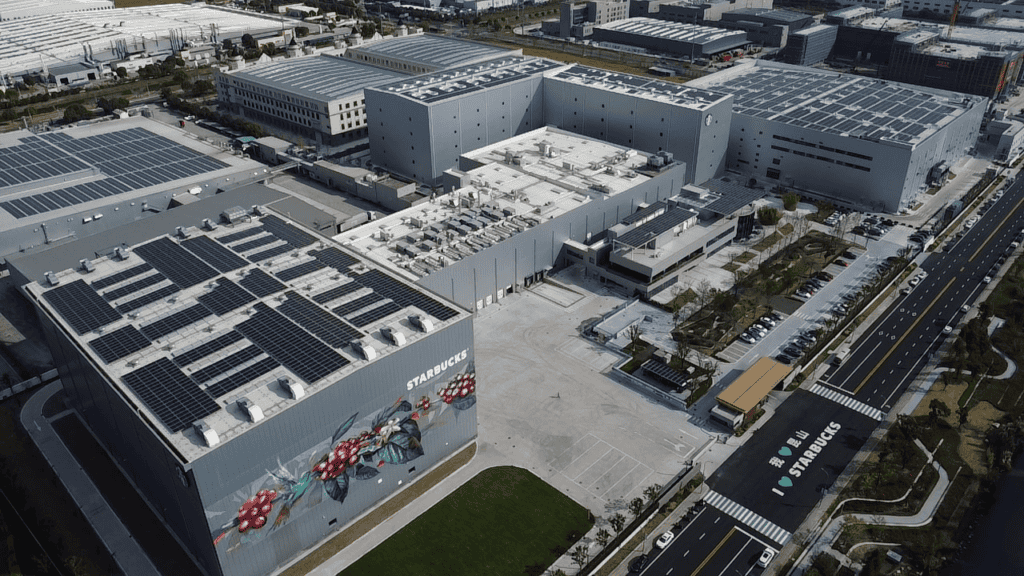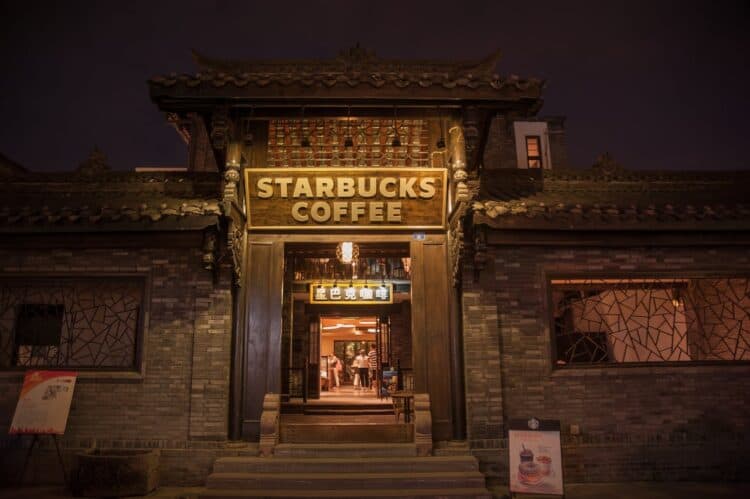Starbucks China and Univers have announced a partnership to accelerate sustainability across Starbucks’ China value chain.
This collaboration leverages Univers’ advanced AI and Internet of Things (IoT) decarbonisation solutions to digitally monitor, measure, and actively reduce Scope 3 emissions across Starbucks’ supplier network.
This enhanced visibility will enable Starbucks to drive actionable emissions reductions, support its suppliers in their low-carbon transitions, and strengthen compliance with evolving climate regulations. Starbucks is not only focused on making their stores greener but also more intelligent.

Over 7,500 Starbucks stores are now connected to a new AI and IoT platform jointly developed by Univers and Starbucks. This platform enables real-time and remote monitoring of over eight types of equipment per store, including HVAC, lighting, and water filtration, optimising energy use with AI-driven insights and enhancing partner and customer experience.
Leveraging Univers’ EnOSTM Ark Carbon Management System, the collaboration will develop a Supply Chain Carbon Management Platform to track carbon emissions across core suppliers and products, including milk, beverages, food, and packaging.
Milk, a significant contributor to Scope 3 emissions as the single largest carbon emitter in Starbucks' value chain, is being addressed through a Sustainable Dairy Digital Management Tool. This tool enables comprehensive carbon baseline tracking, decarbonisation planning, and implementation of pilot farm solutions.
With Univers' global innovative R&D capabilities in AI and IoT, Starbucks can now meet its future business expansion needs with the next-generation edge computing intelligent device One-Box. This integrates computing power and hardware management across five local application scenarios, from point-of-sale systems to smart store control terminals.
By embedding Univers’ EnOSTM Ark Carbon Management platform into its broader sustainability strategy, Starbucks is taking a significant step toward future-proofing its energy transition journey.
This combines technology, data, and cross-sector collaboration to set new standards for decarbonisation in the food and beverage retail industry.



